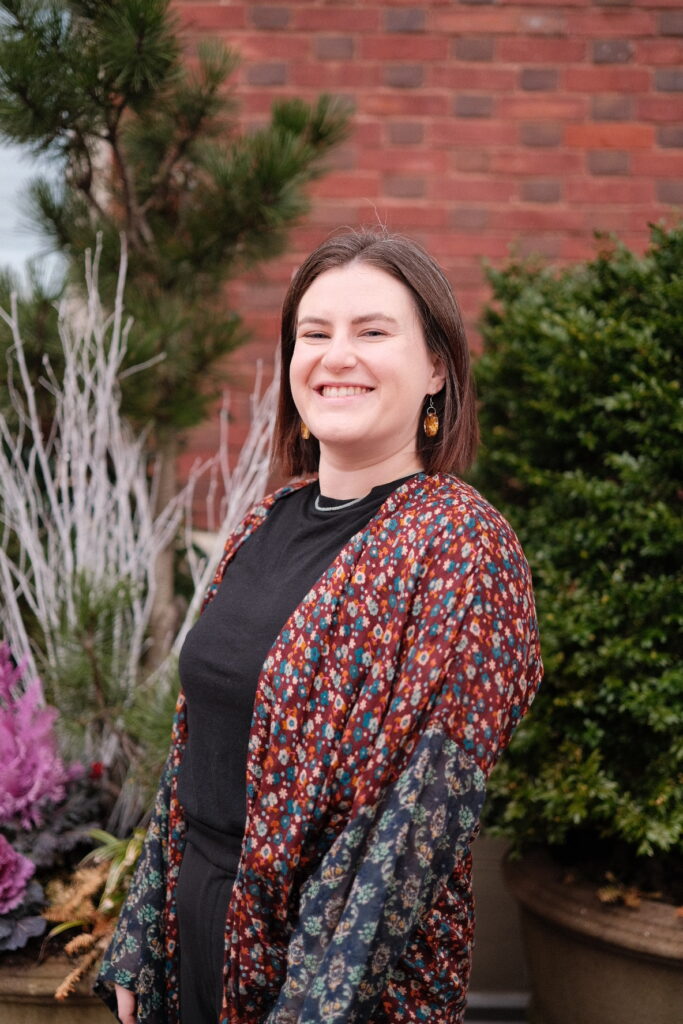
DEAR ASK A THERAPIST: Do you have advice on when to talk to children about their donor conceived siblings in other families? I am also wondering about the type of relationship to have with donor siblings and when to establish one. — RECIPIENT PARENT
DEAR RECIPIENT PARENT: This is a great question, and a frequent one among recipient families. The short answer is that the right time to talk about donor siblings is now! When donor conceived people (DCP) reflect on the communication within their family, the most common thread is the importance of openness and disclosure. Children who have “always known” the ins and outs of their family system tend to have the least stress related to family structure.
There are a few goals to keep in mind when discussing donor siblings with your child:
1. First, don’t assume it’s too early. Even if you feel that they may not fully understand what you’re talking about, it’s important to start the discussion so that the fact of donor siblings doesn’t come as a shock or surprise at a later date. Children absorb information at their own rate, which is really a main point of childhood—a slow introduction to the world we live in. They’ll ask questions when they’re ready as long as you keep the topic on the table.
2. Second, try not to over-romanticize or exoticize these relationships to the point that they become difficult to engage with realistically. Consider the relationship between your child and their sibling in the home, or maybe with their cousin. They may or may not bond immediately. Their relationship will have ups and downs and moments of conflict. They may disagree on core values or come in and out of each other’s lives. They may become close friends or may decide not to pursue these relationships at all. Like any other relationship, donor sibling relationships can grow and change over time. Regardless of what happens, be sure to approach donor sibling relationships as real life relationships—complicated, full of potential, and imperfect.
3. Third, be mindful of how you feel about these relationships. Be sure you have your own support to discuss the presence of donor siblings and how you may feel about your child having relationships with them and their families—separate from your child. Allow your child to have their own process in relation to their feelings about their siblings. Stay attuned to your own feelings so that you may process them and allow your child to explore donor sibling relationships with your presence and support. Depending on the age of your child, you may choose to share your thoughts or feelings with them and normalize the complexity of it.
As for what kind of relationship to have and when, there is absolutely no right answer here. Keep in mind that, as with all things, these relationships will change over time. Allowing your child to be part of the process and have a say is crucial if they’re old enough to voice their opinion. If you’re aware of donor siblings while your child is an infant, you may need to make an independent decision about how to approach these other families, but those decisions aren’t permanent. The most important thing is not to close any doors. Know yourself, know your family, and know that we can never really predict our children.
Different people have different ideas of what family means. How do you define family? What has it meant to you and how have you defined it for your child? The answers to these questions may vary for some DCP and their families. Will donor siblings be family to you and your children? If these topics feel overwhelming, it’s because they are! There are lots of resources available on this subject and therapists ready to support you and your child as necessary. I advise that you approach with an open mind, few expectations, and with the support of whoever you depend on in your life. You are most definitely not alone.

Haydn Hornstein-Platt, LCSW, is a donor conceived, licensed clinical social worker practicing in Philadelphia. She has spoken publicly on donor conception and biopsychosocial factors in various settings including the Philadelphia Family Pride Family Matters Conference and the Jefferson Infertility Counseling Conference. Haydn is an active member of the USDCC Mental Health Professionals Committee.
Do you have a question for Ask A Therapist? Anonymously submit your question here. Questions may be edited for length and clarity prior to publication.
Top Image by Lukas Blazek via Unsplash
